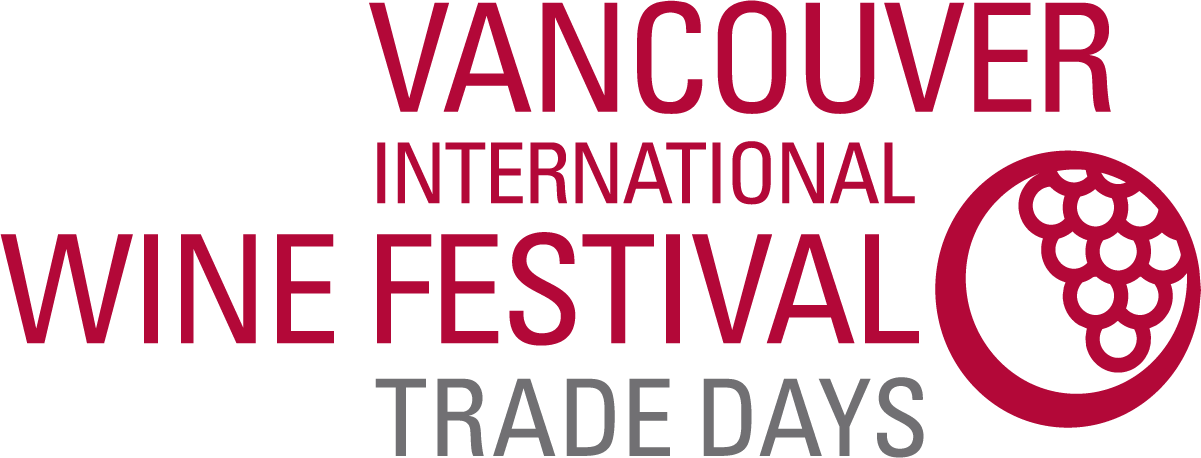Canada’s Place in Key Wine Markets
Wednesday, Feb 27, 9:30-11:45 a.m.
Recap by Karen Wright, Savvy Company
Moderator: Jon Bonné
Panelists: Christina Colette, Nick Darlington, Janet Dorozynski, Dr. Jamie Goode and Sebastian Le Goff
Top Highlight: Learning that being a young wine making nation is a real advantage for Canada; we are not limited by our heritage.
Best Quote: “The UK is the shop window for the world of wines” – Nick Darlington – Red Squirrel Wine
Lessons Learned:
- We need to work on creating our Canadian wine brand. The lack of a clear, unified descriptor for our wines makes it more difficult to market and sell Canadian wines to the world.
- Canada wine makes and exports more than just icewine.
- The Canadian wine export strategy focuses on influencing the influencers in key markets.
- The UK is an important market to establish and build recognition internationally.
- We need to benchmark ourselves in other markets, despite lower margins.
- The new consumers are looking for fresher styles, less alcohol and less oak and Canada is well positioned to take advantage of this shift.
Summary:
I was delighted to have a bird’s eye view at the Wine Industry Symposium, a VIWF industry event packed with industry notables. Our seminar kicked off with a lively discussion to determine, “What exactly is a Canadian Wine”? “How would you describe it”? “Cool Climate?” Despite the best efforts of the panelists, it proved rather difficult to have a single description that covered the vast variety of Canadian wines and wine regions. This lack of a clear, unified descriptor may make it more difficult to market and sell Canadian wine to the world. It was suggested that our brand equity can be like a Russian doll; an overarching single brand message to market all Canadian wines and underneath that can be distinct messages to explain our diversity.
Some interesting stats were provided by Janet Dorozynski:
- 62% of exported Canadian wine is icewine by sales, but only 15% when you look at it by volume.
- Canada produces 50M+ litres of 100% Canadian wine each year and only 2M of that is exported.
Why the UK? Janet shared that while China is the largest market for Canadian wine, followed by the US, the UK is the most dynamic market for Canada. Though some say Canadian wines are an “Overnight Sensation in the UK”, as Janet explained, it took 10-20 years of work to get there; influencing the influencers with organized tastings, sending them wine, bringing UK trade and media to Canada and more. We learned from Nik Darlington that since the UK doesn’t have a meaningful domestic industry, products are on a level playing field resulting in UK recommendations and successes having a greater impact worldwide. He urged Canada to continue to focus on premium quality wines; we can’t compete worldwide in the lower priced market.
Why export at all? Dr. Jamie Goode believes that what’s helped Canada’s wine to evolve and improve is putting our wines out there internationally and listening to everyone, not just the “cheerleaders”. Sebastien Le Goff concurred. We need to benchmark ourselves in other markets, despite the reduced margins when we do so. We also learned that there is work to be done domestically as well. In BC, 30% of wine sold in restaurants is Canadian. In Ontario, that drops to only 4%.
Market Trends: Talk turned to the shifts being seen in the market and our need to respond. Whereas Baby Boomers would buy wine to take home and enjoy; Millennials eat out more and drink less at home. Two-thirds of wine in restaurants is sold by the glass, so our wine pricing needs to recognize this fact and we need to work with places that are flexible on btg markup. The UK is seeing smaller pours to bring down the price per glass; younger clients are interested in trying more wines and a lower priced glass supports this trend. The new consumer is also looking for fresher styles, less alcohol and less oak. Restaurant sales show growth in wines such as Pinot Gris, Gamay and Ontario Cabernet Franc. The panel felt that being a young wine making nation is a real advantage for Canada; we are not limited by our heritage.
We closed with a request by the festival’s Executive Director, Harry Hertscheg, asking for topic suggestions for next year’s symposium. Send in those ideas!
